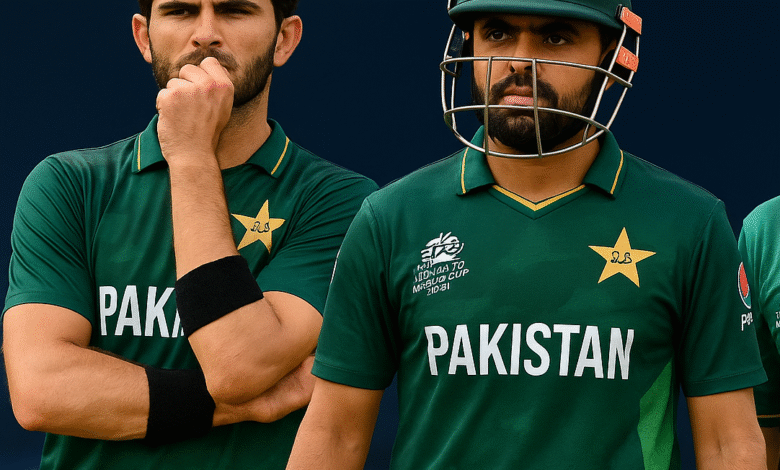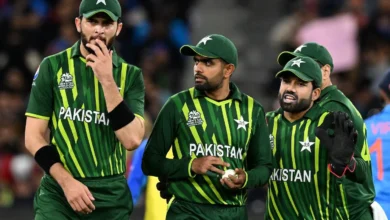Why Pakistan Cricket Needs a Fresh Direction

Pakistan cricket has long been known for its unpredictability, raw talent, and passionate fan base. From the glory of the 1992 World Cup to stunning Test victories and unforgettable moments in T20 history, the nation has produced legends and thrillers in equal measure. But in recent years, Pakistan cricket has been stuck in a frustrating cycle—marked by inconsistency, management chaos, and underwhelming performances in crucial tournaments.
It’s time for Pakistan cricket to move in a fresh direction—strategically, structurally, and culturally.
1. Inconsistency Is Not a Strategy
Pakistan’s label as the most unpredictable team in the world is no longer charming—it’s concerning. While moments of brilliance still surface, they’re often surrounded by long stretches of underperformance. Whether it’s collapsing batting orders or erratic fielding, inconsistency continues to haunt the team in all formats.
A strong cricket team needs a clear strategy, role clarity for players, and mental toughness—areas where Pakistan still struggles.
2. Outdated Mindset, Modern Game
Modern cricket has evolved with data analytics, fitness benchmarks, and innovative tactics becoming game changers. Teams like England and India have embraced aggression, adaptability, and structure. Pakistan, on the other hand, often plays with a dated approach—relying too heavily on individual brilliance rather than team synergy.
To keep up, Pakistan needs to adopt a modern mindset: smarter planning, fearless batting, specialized roles, and match-specific tactics.
3. Leadership and Selection Drama
Frequent changes in captaincy, inconsistent squad selections, and political interference have hurt team unity. Leadership instability sends the wrong message to players and fans. A settled leadership structure with long-term vision is essential to foster trust, discipline, and growth.
The Pakistan Cricket Board (PCB) must adopt transparency and merit-based selections to earn back the faith of the cricketing public.
4. Neglect of Domestic Structure
Domestic cricket is the backbone of any successful national team. Despite several overhauls, Pakistan’s domestic system still struggles with poor infrastructure, lack of incentives, and limited visibility. Young talents often go unnoticed or unpolished due to the weak pipeline.
Investment in quality pitches, coaching, facilities, and a proper domestic league ecosystem is vital for long-term success.
5. Mental Fitness and Pressure Handling
Pakistan’s frequent collapses under pressure point to more than just technical issues—it’s about mental strength. Cricket is as much a psychological game as a physical one. The team needs professional mental conditioning coaches to help players perform consistently, especially in high-stakes situations like World Cups or India-Pakistan matches.
6. Youth Focus and Grassroots Development
Pakistan continues to discover incredible talents—like Shaheen Afridi, Naseem Shah, and Babar Azam—but the grooming process is lacking. Grassroots development programs, school cricket, and age-level tournaments must be expanded and modernized. Future legends don’t just appear—they are built with years of guidance and opportunity.
Time to Rebuild, Not Just React
Pakistan cricket cannot rely on nostalgia and talent alone. It needs a roadmap built on planning, consistency, accountability, and innovation. The fans are loyal, the talent is rich—but without vision and execution, those resources will go to waste.
For Pakistan cricket to reclaim its place among the world’s best, it must move beyond patchwork fixes and embrace structural reform, modern cricket thinking, and long-term goals. The time to act is now.
By Awais Haider





